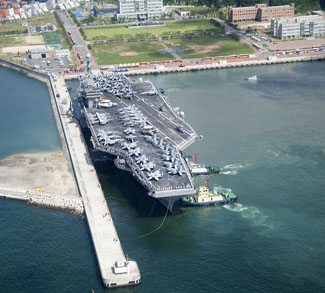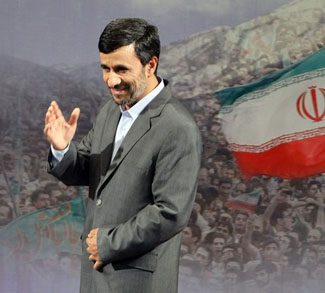On September 21st, nearly a dozen nations at the 79th session of the UN General Assembly signed a letter calling on Secretary-General Guterres to add Taiwan to the slate of states participating in the upcoming UN Summit for the Future. Considering the summit’s focus on technology, it’s a worthy criticism: Taiwan currently produces 90% of the global computer chip market. By continuing to placate Beijing’s hegemonic sensitivities, the United Nations is robbing the summit of what could be its most valuable contributor.
Taiwan’s world-class technological sector is the result of decades of economic investment and scientific innovation. Since the 1970s, Taipei has consistently made its semiconductor industry specifically the crown jewel of its powerful economy. Boasting 321 companies and over 300,000 employees, the Taiwan Semiconductor Manufacturing Company (TSMC) alone accounts for 50% of the global chip supply. However, this hasn’t discouraged significant international investment from companies like Google, Amazon, and Microsoft. As recently as 2023, the US-based semiconductor company Micron Technology began construction of yet another facility in Taichung.
Taiwan’s semiconductor sector has cornered the international market in three key areas: IC design, water foundry, and the packaging process. Taipei’s share of the IC design market is nearly 20% and 75% with the water foundry. In addition, the small Pacific Island controls 50% of the global packaging process, inserting itself as a critical waypoint for most international semiconductor sales. National Development Council Minister, Kung Ming-hsin, has recently stated that Taiwan plans to continue investing $210 billion over the next five years in the industry. These investments have international implications as well, with plans to build a facility in Kumamoto, Japan. In addition, TSMC will be spending $40 billion on two more facilities in Arizona, United States.
Unfortunately, Taipei’s exclusion from the United Nations is a matter of longstanding policy. Expelled in 1971 to appease Beijing, Taiwan has repeatedly filed for membership in the years since. UN Resolution 2758, which recognized the PRC as the only legitimate representative of China, has repeatedly been used as a roadblock towards not only Taiwanese membership but even limited participation. However, this has not discouraged some states from continuing advocacy on behalf of Taipei. The aforementioned letter urging the UN to include Taiwan in the upcoming summit, signed by nine states including Guatemala and Belize, represents just the latest attempt to force the United Nations to take the matter seriously.
Beyond bureaucratic appeasement, there is little to no reason why Taiwan should be excluded from the summit in New York. Taipei surely qualifies on a technical basis, and would make valuable contributions to the pivotal discussions shaping the global perspective on technology.
Its omission from the meetings is purely political, as Beijing would doubtless voice protest at the idea of Taipei being lawfully represented at any UN-sponsored conference. However, there is nothing in UN Resolution 2758 that would be contradicted by allowing Taiwanese diplomats to participate in the summit. Allowing contributions from officials in unrecognized territories, while indicative of sovereignty, is not a wholehearted endorsement of it. It is highly unlikely that any state’s existing One China policy would change due to the presence of Taiwanese scientists and diplomats at the summit.
As the global leader in semiconductor technology, Taiwan is more than deserving of a seat at any table discussing international technological development. If the priority of the UN Summit for the Future is truly technological cooperation and advancement, excluding Taipei because of political squabbling undermines the legitimacy of the endeavor entirely. It begs a crucial question: Can an international forum without its most relevant possible member be effective? Furthermore, allowing the frivolous grievances of one state in particular to dominate any UN agenda brings the organization itself into question. If the United Nations wants to be more than a rubber stamp, it must be willing to do what is in the best interest of the international community in all circumstances.
The views expressed in this article belong to the author(s) alone and do not necessarily reflect those of Geopoliticalmonitor.com.




